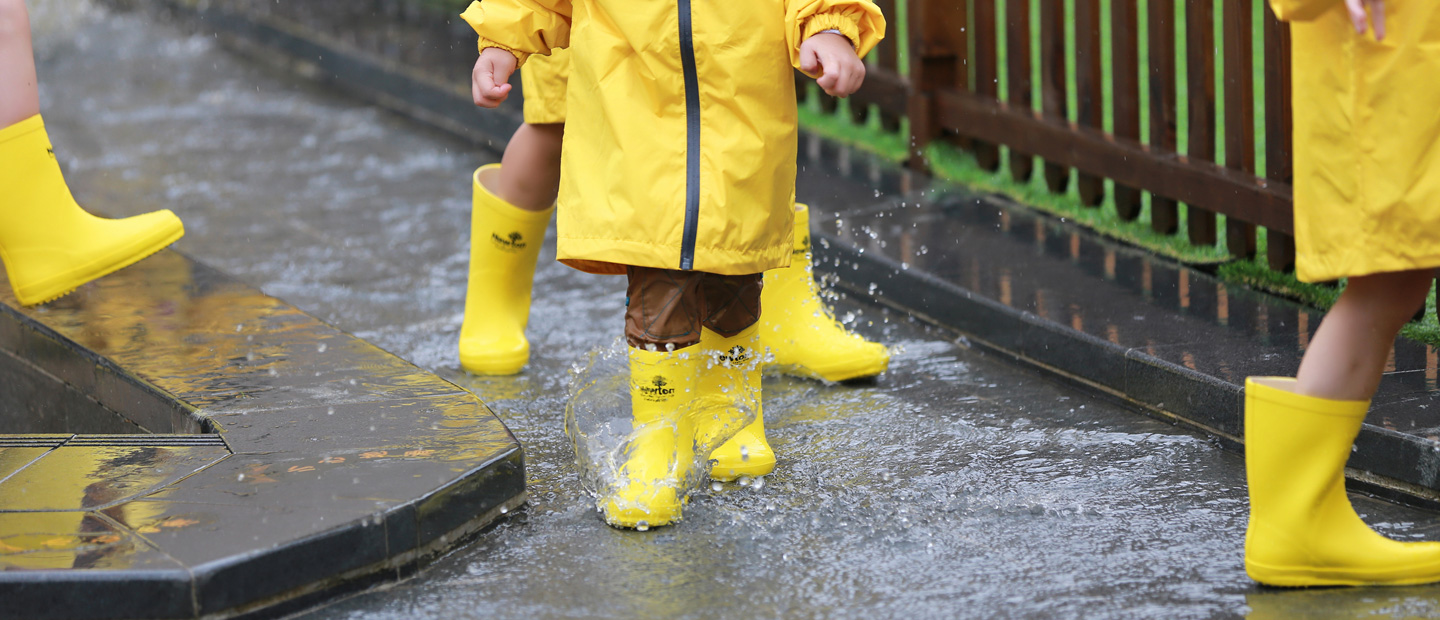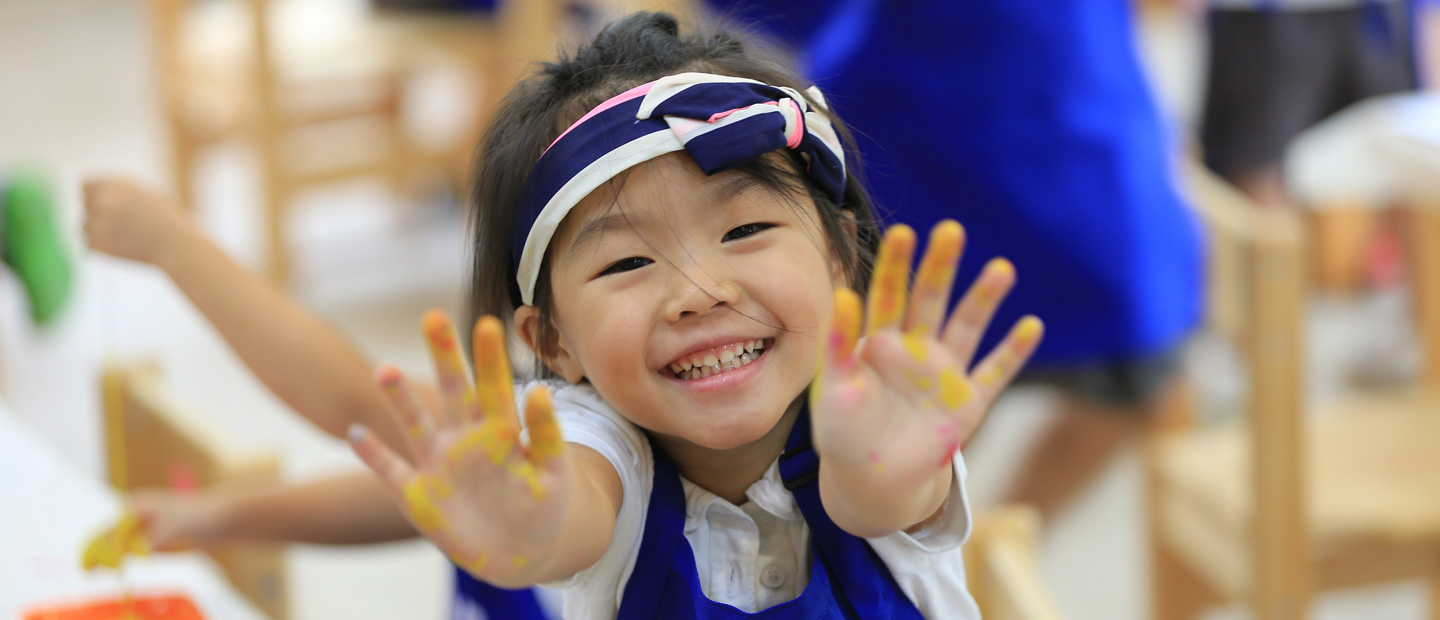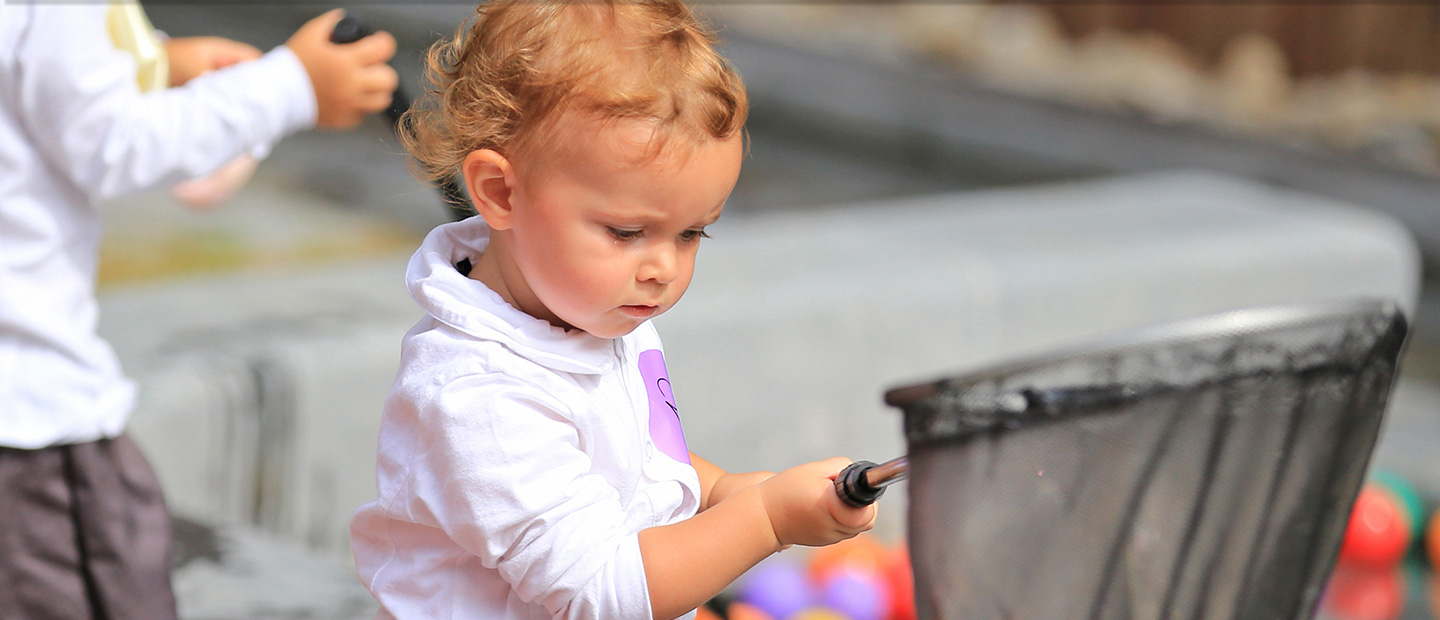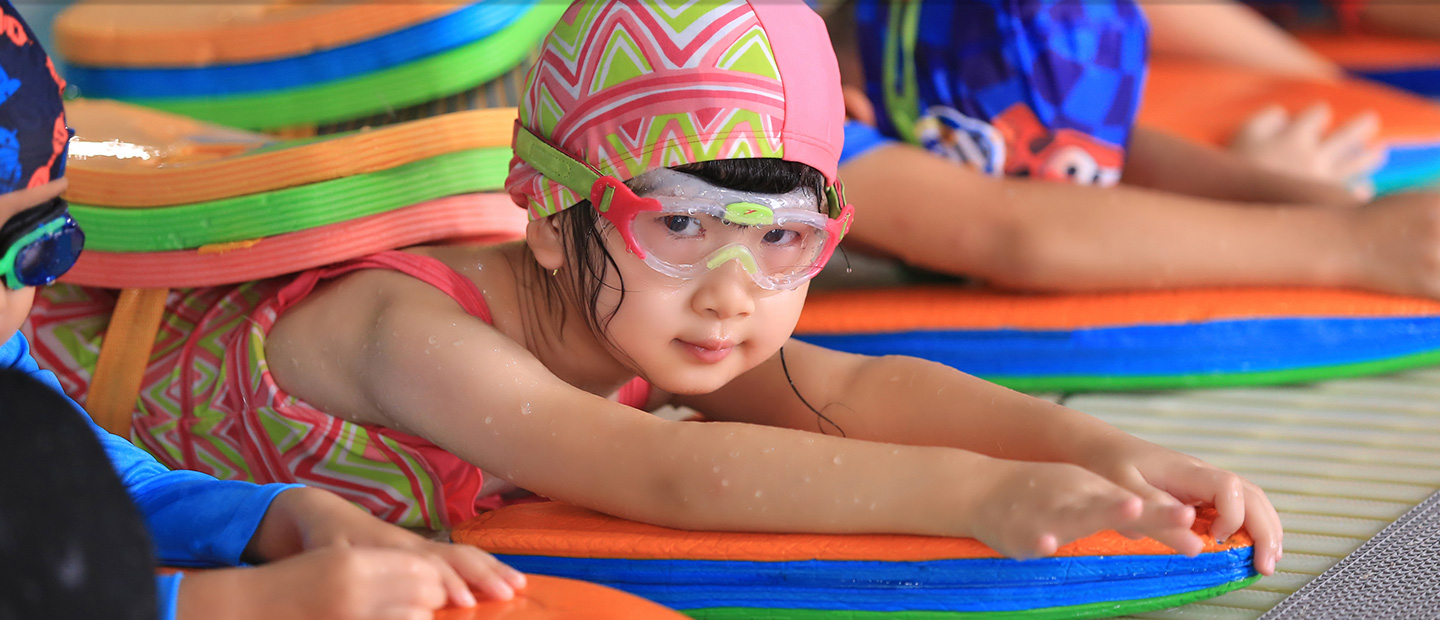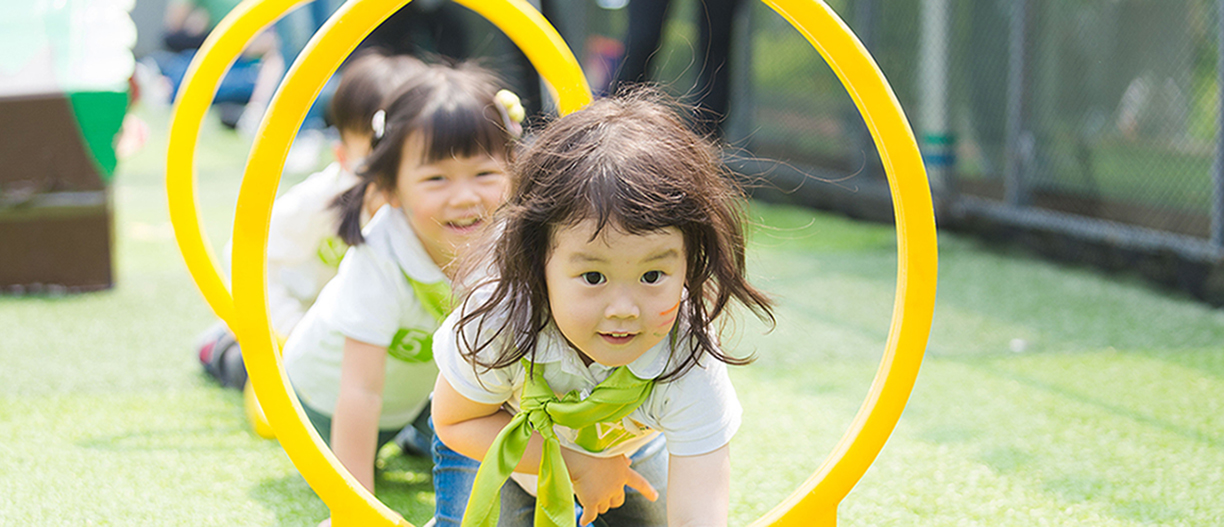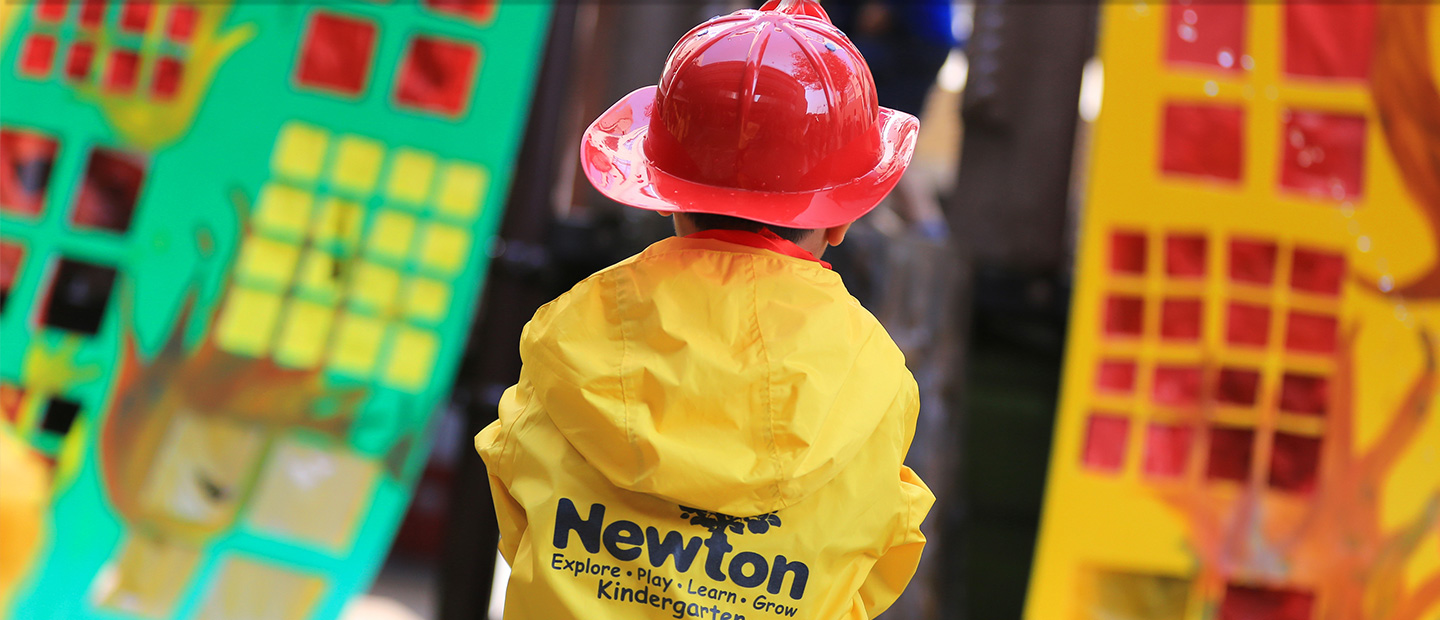About Newton
Education Philosophy
In teaching activities of early childhood education, only when adults think from the perspective of children and speculate children’s desires and ideas can they give children appropriate responses and guidance. Early childhood education is essentially different from elementary education, which is focused on group activities and academic performance.
Explore: Exploration gives young children opportunities to enrich their life. Exploration allows young children to interact with the real and natural world, be inspired and discover independently.
In early childhood education, the difference between adapting the life of children to a fixed education goal and guiding children to achieve such life-oriented goal provokes us into thinking about a very serious question: Do adults care about the education goal only or place importance on the goal while showing respect to children? For teacher-led activities, some time-consuming activities are cancelled, especially those for children to venture out and try things on their own. Moreover, everything will be done in a way that satisfies teachers easily and efficiently. Giving children sufficient opportunities to venture out and try things on their own instead of solely focusing on teaching and controlling children is our main objective for our teaching and childcare at Newton.
1. Give young children opportunities to take care of themselves to develop their self-help skills. Adults should be aware of the essential difference between giving young children opportunities to take care of themselves and neglect.
2. Help children to develop the habit of observing and listening. Adults should be a good role model for children and be diligent in observing them. Being a good listener is not just about listening to what children say. It is more about understanding what they think and expect.
3. Give children many opportunities to practice and even make mistakes, and allow them to have sufficient time outdoors to exercise. Preaching or spoon-feeding skills and knowledge to children is valueless.
4. Adults must limit the time children spend with electronic products and the TV. Intensive and frequent limitation will reduce children’s desire to explore and think. Children who only think about how to pass the time by passively attending various activities will seldom feel happy.
Play: Play helps children to develop their self-identity, shape their character, and build their skills. In addition, it helps them to promote their physical and mental health, satisfy their curiosity and desire to learn, and develop their ability to think, create, and express. Furthermore, it helps them learn communication skills and the importance of rules and order.
For children, play is meaningful and changeable, and a way of learning. However, for adults, play may be aimless and valueless, and even contrary to learning and the growth of children. Adults’ proper understanding of play and effective support and guidance to children when they play are decisive to the quality of early childhood education.
1. Set game rules for children, but too much protection and intervention in their games will make play much less attractive and meaningful to children.
2. Provide a variety of materials which children may use for play: sand, water, clay, fruit, leaves, branches, stones, plants, paper, cloth, boxes, bottles, jars, different containers, and ropes.
3. What children learn through play is more important than the way they play. Children play games of the same type or at the same level for several days without new goals or further development are in need of immediate guidance and help. Never mistakenly interpret inaction of adults as respect to young children as a leading role in games.
Learning: Young children are natural learners that have a strong curiosity and desire to learn. They keep exploring the world proactively, seeking something exciting, and discovering something new. In early childhood education, the process of learning is much more meaningful than academic performance and learning outcomes.
1. Young children should learn things from real life, and what they learn should come from (but go beyond) their existing life experience.
2. Encourage children to explore the world using their five senses: sight, hearing, touch, smell, and taste; and offer them experience-based learning activities.
3. Allow children to make mistakes and give them opportunities to learn and correct their mistakes independently. Repeating mistakes and attempting to correct mistakes can help young children build up their confidence and willpower.
4. In group teaching activities, teachers should neither expect children to provide answers to closed-ended questions nor assign them preconditions for learning outcomes.
Growth: Experiencing every single step on the road towards independence is of extreme importance to every child.
1. Children are motivated by their desire to achieve personal development, instead of the purpose to satisfy their parents and teachers, to make progress and achievements. but they are motivated by their own developing desire.
2. To develop remarkable resilience, young children have to acquire a variety of skills on their own so that they can use what they learn to keep pursuing happiness from success and growth by themselves.
3. At Newton, one major goal is helping children develop early interpersonal relationships in which they trust and admire each other and desire to share. As happiness increases when shared, it is important for adults to help children learn to share their happiness with their peers. Adults often encourage children to share with others materially or to make simple concessions in activities, but these are essentially the ways that adults share, which should be distinguished from sharing among children.
Explore: Exploration gives young children opportunities to enrich their life. Exploration allows young children to interact with the real and natural world, be inspired and discover independently.
In early childhood education, the difference between adapting the life of children to a fixed education goal and guiding children to achieve such life-oriented goal provokes us into thinking about a very serious question: Do adults care about the education goal only or place importance on the goal while showing respect to children? For teacher-led activities, some time-consuming activities are cancelled, especially those for children to venture out and try things on their own. Moreover, everything will be done in a way that satisfies teachers easily and efficiently. Giving children sufficient opportunities to venture out and try things on their own instead of solely focusing on teaching and controlling children is our main objective for our teaching and childcare at Newton.
1. Give young children opportunities to take care of themselves to develop their self-help skills. Adults should be aware of the essential difference between giving young children opportunities to take care of themselves and neglect.
2. Help children to develop the habit of observing and listening. Adults should be a good role model for children and be diligent in observing them. Being a good listener is not just about listening to what children say. It is more about understanding what they think and expect.
3. Give children many opportunities to practice and even make mistakes, and allow them to have sufficient time outdoors to exercise. Preaching or spoon-feeding skills and knowledge to children is valueless.
4. Adults must limit the time children spend with electronic products and the TV. Intensive and frequent limitation will reduce children’s desire to explore and think. Children who only think about how to pass the time by passively attending various activities will seldom feel happy.
Play: Play helps children to develop their self-identity, shape their character, and build their skills. In addition, it helps them to promote their physical and mental health, satisfy their curiosity and desire to learn, and develop their ability to think, create, and express. Furthermore, it helps them learn communication skills and the importance of rules and order.
For children, play is meaningful and changeable, and a way of learning. However, for adults, play may be aimless and valueless, and even contrary to learning and the growth of children. Adults’ proper understanding of play and effective support and guidance to children when they play are decisive to the quality of early childhood education.
1. Set game rules for children, but too much protection and intervention in their games will make play much less attractive and meaningful to children.
2. Provide a variety of materials which children may use for play: sand, water, clay, fruit, leaves, branches, stones, plants, paper, cloth, boxes, bottles, jars, different containers, and ropes.
3. What children learn through play is more important than the way they play. Children play games of the same type or at the same level for several days without new goals or further development are in need of immediate guidance and help. Never mistakenly interpret inaction of adults as respect to young children as a leading role in games.
Learning: Young children are natural learners that have a strong curiosity and desire to learn. They keep exploring the world proactively, seeking something exciting, and discovering something new. In early childhood education, the process of learning is much more meaningful than academic performance and learning outcomes.
1. Young children should learn things from real life, and what they learn should come from (but go beyond) their existing life experience.
2. Encourage children to explore the world using their five senses: sight, hearing, touch, smell, and taste; and offer them experience-based learning activities.
3. Allow children to make mistakes and give them opportunities to learn and correct their mistakes independently. Repeating mistakes and attempting to correct mistakes can help young children build up their confidence and willpower.
4. In group teaching activities, teachers should neither expect children to provide answers to closed-ended questions nor assign them preconditions for learning outcomes.
Growth: Experiencing every single step on the road towards independence is of extreme importance to every child.
1. Children are motivated by their desire to achieve personal development, instead of the purpose to satisfy their parents and teachers, to make progress and achievements. but they are motivated by their own developing desire.
2. To develop remarkable resilience, young children have to acquire a variety of skills on their own so that they can use what they learn to keep pursuing happiness from success and growth by themselves.
3. At Newton, one major goal is helping children develop early interpersonal relationships in which they trust and admire each other and desire to share. As happiness increases when shared, it is important for adults to help children learn to share their happiness with their peers. Adults often encourage children to share with others materially or to make simple concessions in activities, but these are essentially the ways that adults share, which should be distinguished from sharing among children.



